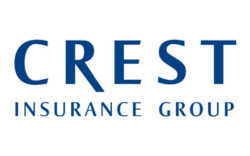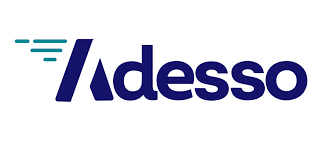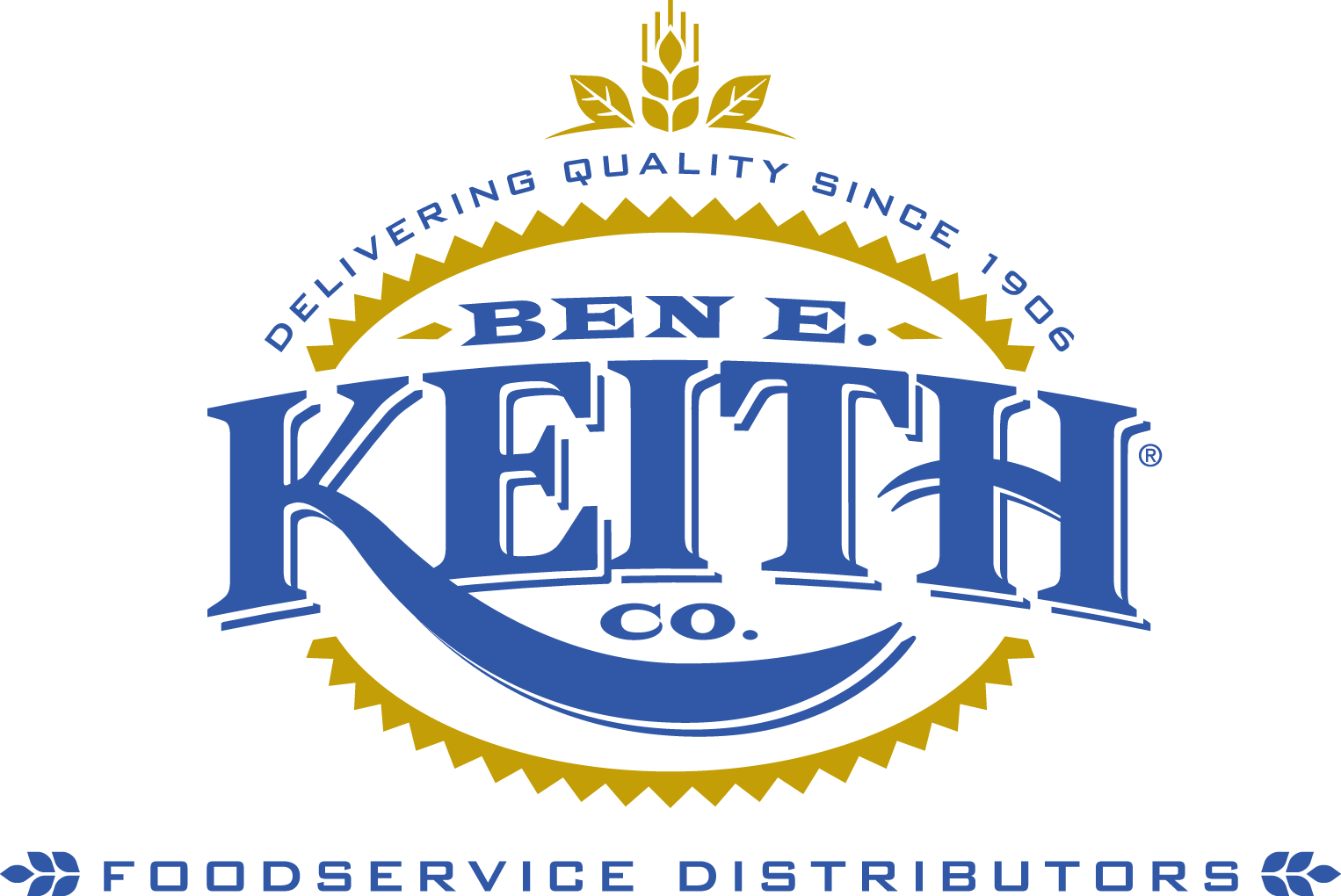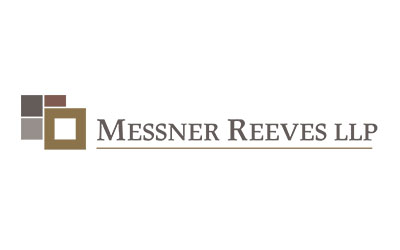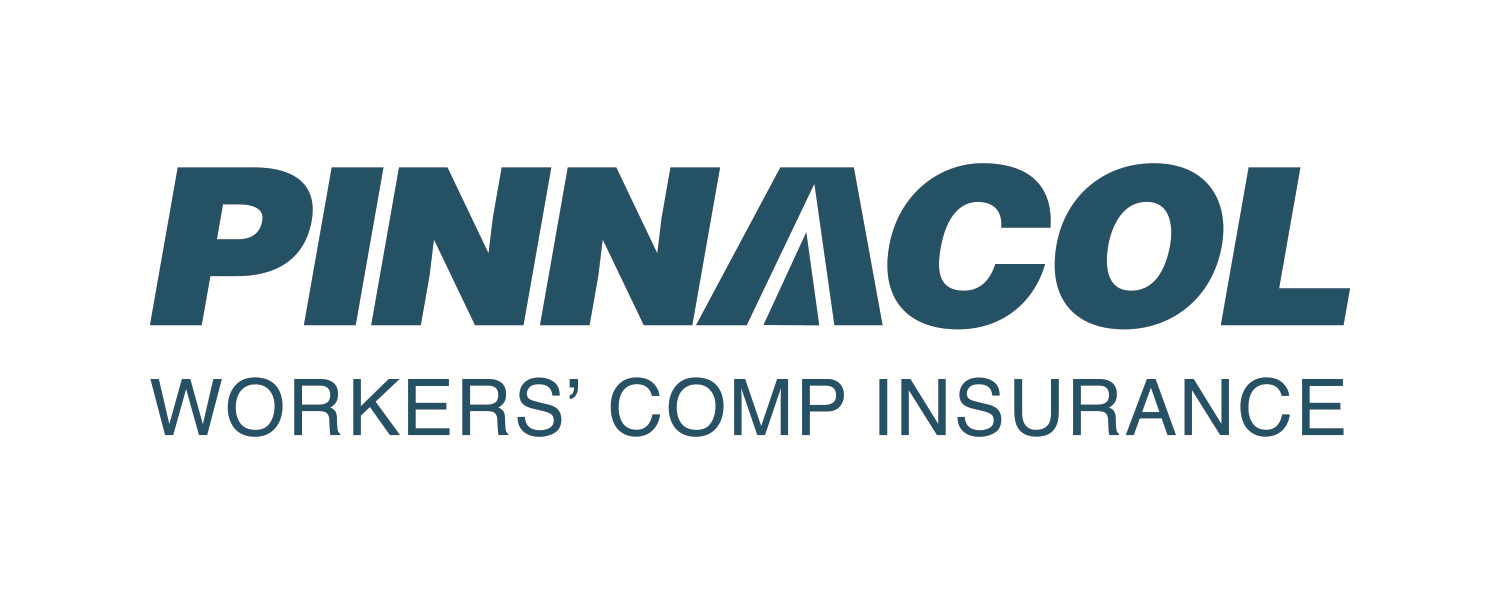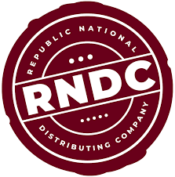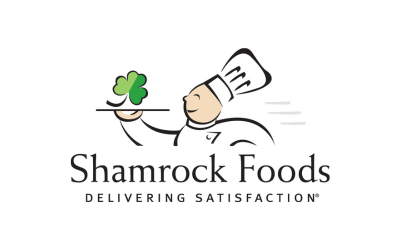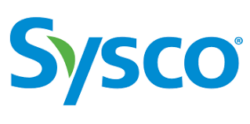
Created by our partners at Toast
Here’s an overview of what you need to know about business licenses for different types of companies in Colorado.
The first step towards starting a business in any state in the U.S., including Colorado, is to have a clear business plan. Here, you’ll choose a business structure, note any business licenses and permits you need to operate, and think through details like your business name, marketing plans, and growth strategy.
After you have your business established as an entity, like an LLC or a sole proprietorship (more on the specifics below), you can begin to apply for specific licenses and permits. Take note — “business licenses” can refer to the more general term of licenses related to businesses, like a liquor license or a Seller’s Permit, or the specific “Business License,” which is the annual tax for doing business in a certain area.
Depending on the city or county, there are different tax rates and business requirements, so take this into consideration if you have multiple business locations in Colorado.
Luckily, Colorado has comprehensive online resources for new business owners to understand what they need.
Colorado Business Licenses Checklist
What is a business license, and why do you need it?
A business license is one of the first licenses you’ll need as you start laying the groundwork of your business. Also known as a business tax certificate, it helps your business stay compliant at tax season.
How do you apply for a business license in Colorado?
In Texas, business licenses are controlled by the city or county you live in. If you operate a restaurant with multiple locations across cities and counties, it’s important to get a business license for each business in different jurisdictions. To get a business license in Colorado, you’ll need:
- An EIN (employer identification number)
- To choose what classification of business you’ll be (LLC? Sole proprietorship? Partnership?)
- A business name
- An address and phone number,
- A thorough business plan
- A COI (certificate of insurance) for your business insurance policy
How much does a business license cost in Colorado?
When starting a business in Colorado, you can use MyBizColorado to register and manage your business. New entities will need to register with the Colorado Secretary of State, and incorporation fees range from $50-$100 depending on the type of business. Business licenses and other specialty permits are determined by the city hall or county clerk and can include liquor licenses, restaurant and food vendor licenses, contractor licenses, and others. For example, businesses operating in Boulder, Colorado need to have a City of Boulder business license.
|
License Name |
Cost |
Link |
| Business License | $25+ depending on the city/county |
How to get a business license in Colorado
Business licenses are regulated by local tax and finance divisions. Most cities and counties in Colorado have helpful online systems where you can apply for the business license, pay any application and renewal fees, transfer licenses, and check the status of your license at any time. Once you submit your application, you will be issued a business tax certificate, which is required prior to doing business.
8 steps to starting a business in Colorado
Create a business plan
Most business loans, permits, and licenses require a business plan. Here’s a free business plan template to guide you through the process.
Obtain financing
Depending on the type of business, there are tons of options for new business financing, like loans and grants. For restaurants, try Toast Capital — a restaurant financing program designed by restaurant people.
Set up a business entity and choose a business name
Choose the type of business category (LLC, sole proprietorship, partnership, or corporation) and business name, or “Doing Business As” (DBA) name. Take a look at existing business names in Colorado to make sure yours is unique.
Register your new business with the Colorado Secretary of State
Use the online portal to register your business with the Colorado Secretary of State. Alternatively, you can mail the forms or fill them out in person.
Apply for specialty licenses and permits based on your type of business and business location
Review your local city or county website for more information about location or industry-specific requirements. There may be zoning regulations and local permits that take time to secure.
Get an employer identification number (EIN) and explore employer responsibilities
An EIN is required for all businesses with employees. This is a necessary steps for businesses who plan to employ people in Colorado.
Determine your tax requirements
Taxes might be collected by the IRS, state, or local governments. Search for tax requirements based on your industry, size, and business structure.
Submit ongoing registration documents
To maintain your status as a business in Colorado, you’ll need to submit annual documentation to the state, file your taxes, and maintain safety. When you first apply for business licenses, take note of annual renewals and ongoing requirements.
Timeline for getting a business license in Colorado
To avoid fees, apply for your business license more than 30 days before you plan to begin operations. You’ll need to know your business tax structure, so make sure you have that done already. Talk to a business accountant or tax specialist to understand what type of business category you should choose based on your business plan and goals.
What are the differences in setting up your business and obtaining licenses based on business structure?
The type of business you have and the tax structure you choose will determine fee schedules and paperwork requirements, and some are more advantageous than others.
State by state online resources include all of the filing requirements and tax considerations for different types of businesses in Colorado based on business structure, industry, income level, deductions, and more. We’ll run through quick explainers on the different business structures restaurants can choose from.
LLC
The LLC is popular for many types of businesses because owners of an LLC have limited personal liability. Owners of an LLC are referred to as “members” and can be individuals, corporations, or even other LLCs. LLCs are formed at the state level, so regulations can vary.
Members can use a written Operating Agreement to dictate current and future roles and responsibilities as well as the LLC’s management structure — just in case problems arise with certain members. An LLC can be a great choice for food and beverage business owners looking to grow while protecting their personal assets from liability.
Sole proprietorship
A sole proprietorship (or “sole prop” for short) is great for those looking to jump right into doing business. As its name implies, a sole proprietorship is owned by a single person and is an unincorporated business.
This simplicity lets sole props get up and running very quickly. However, most sole props generally need to take a few steps before getting started, such as getting a DBA (Doing Business As) and any required licenses and permits, such as food safety training or a cottage food operator license.
There is one significant drawback for a standard sole prop — you’ll be on the hook for business liabilities, since there’s no personal liability protection. For this reason, many sole proprietors still end up forming an LLC to help protect their personal assets.
Partnership
A partnership is a business where two or more people own and operate the business together. There are a few types of partnership structures that dictate the division of responsibilities and liabilities across partners. We’ll focus on a couple of types below.
- General partnership (GP): the simplest form of a partnership because it is not an incorporated business. To get started, the partners should agree on their roles, ownership, and responsibilities — ideally in a written document in case conflicts arise. GPs can be composed of individuals but can also include other entities, such as partnerships, LCCs, and corporations.
- Limited liability partnership (LLP): effectively the partnership version of an LLC described later in this article, an LLP provides limited liability for partners, generally in the form of protection against another partner’s actions. LLP requirements are state-specific and generally don’t have as much liability protection as an LLC.
Timeline for Starting a Business in Colorado
For most new businesses in Colorado, you’ll submit your business tax certificate to each city or county where you’ll be operating before you start operating. If you get started too early and operate without a business license, you can face fees, citations, and account closure.
Here’s a quick roadmap to getting your business up and running in Colorado.
12+ months prior to opening
- Create a business plan
- Establish a business structure, choose a name, and apply for an EIN
7 – 12 months prior to opening
- Scout a location
- Procure financing
2 – 6 months prior to opening
- Choose location
- Begin construction/renovation
- Obtain business licenses + permits
- Select business operations technology, like a POS
1 month prior to opening
- Find + hire staff
- Begin marketing and social media efforts
The sooner you can get everything checked off the list so that you comply with local business requirements, the sooner you can get customers in the door (or virtual door) and start building a strong brand with loyal patrons.
Ready to get started? Try a point of sale platform that does so much more than sales.
Find the original article from Toast, along with additional resources, here.
DISCLAIMER: This information is provided for general informational purposes only, and publication does not constitute an endorsement. Toast does not warrant the accuracy or completeness of any information, text, graphics, links, or other items contained within this content. Toast does not guarantee you will achieve any specific results if you follow any advice herein. It may be advisable for you to consult with a professional such as a lawyer, accountant, or business advisor for advice specific to your situation.

